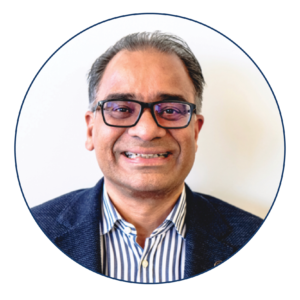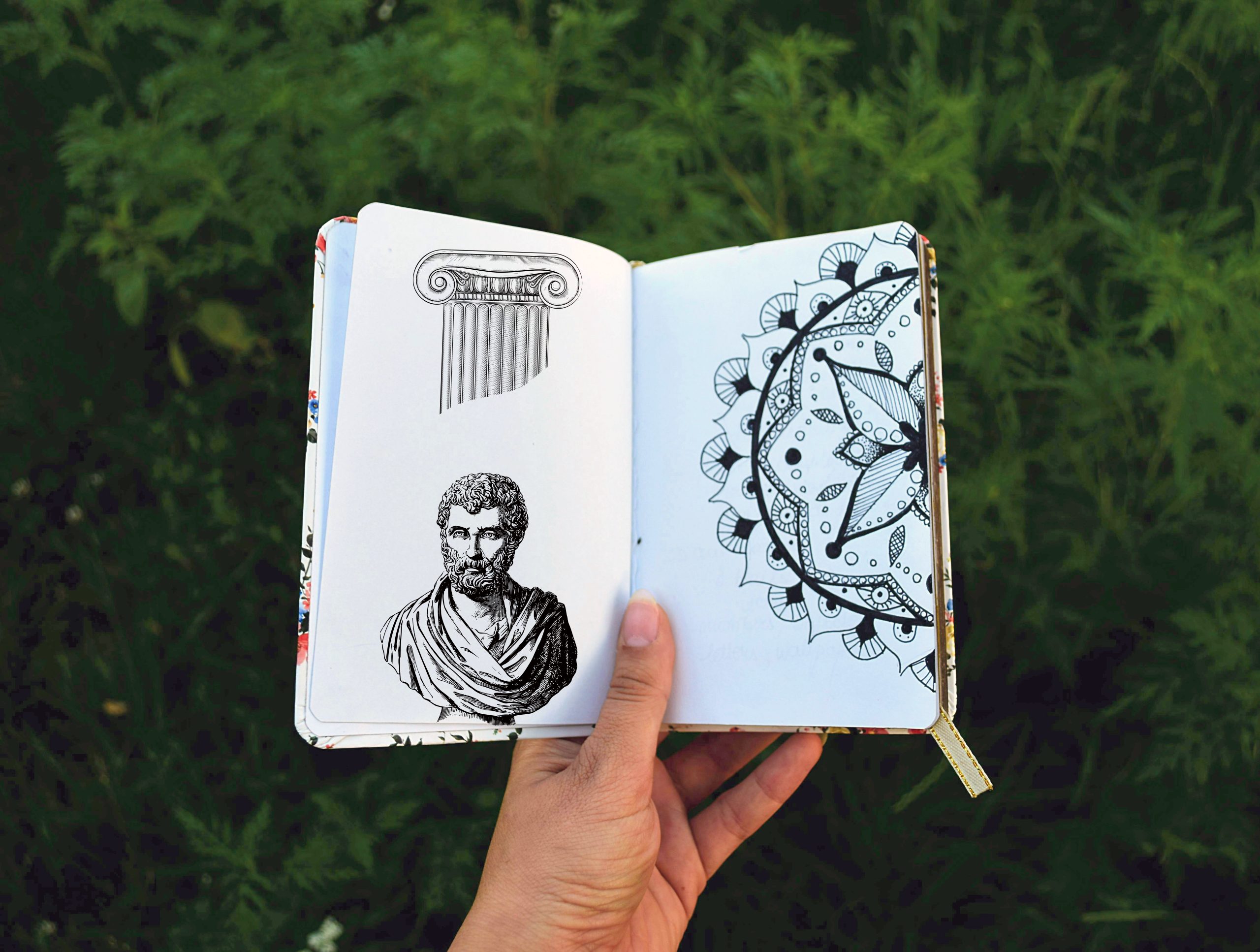The End of Ego: Reclaiming Inner Peace

Amal Karl
CEO
In today’s fast-paced world, we often blame external factors – bad luck, challenging situations, or difficult relationships – for our biggest obstacles. Yet, the real enemy is often internal: our ego. Not the Freudian concept, but the everyday ego fuelled by an inflated sense of self-importance or personal ambition. This ego can undermine personal goals, strain relationships, and dismantle what we’ve worked hard to achieve. As Buddha wisely observed, ego is often at the root of our suffering.

Who Are We, Really?
When we say “I,” “me,” or “mine,” we’re referring to the self, but what exactly is this “self”? These words define our individuality, separate us from others, and indicate ownership over things. In Sanskrit, the term ahamkara captures this idea. It combines aham (“I”) and kara (“maker” or “doer”), suggesting that our minds construct this sense of identity. With every action, we silently affirm, “I am the doer; this is mine.” But are we really limited to this collection of labels, likes, dislikes, and habits? Remaining trapped in these rigid identities leads to a limited life. However, something deep within us yearns for more – there’s a calling, a whisper that hints at a deeper truth. Meditation is the gateway to that truth, revealing a pure inner witness, a knower, or consciousness beyond our ego-driven identities.
The Ego’s Destructive Cycle
Today, the world feeds on ego, reinforcing the myth that identity stems from accomplishments, backgrounds, and material possessions. Letting go of the ego isn’t just about giving up our attachment to material things. It also means recognising that the “self” we usually think of – the “I” that has feelings, thoughts, and opinions – isn’t our true self. This idea of “I” or the ego is just a mental construct, is just a story we tell ourselves about who we think we are.
Ego fuels conflict and dissatisfaction, particularly evident in families and workplaces, where two or more egos can lead to drama. Even when people have a will to co-operate and live with each other, their individual egos can cause friction and overreaction to trivial matters.
Eckhart Tolle emphasises that the ego sustains a cycle of violence and destruction, both within individuals and society. Recognising the ego’s destructive nature is essential to embrace peace through non-judgment, non-resistance, and non-attachment – keys to mindful living and inner freedom.
From Pure Self to Conditioned Identity
At birth, we possess a pure form of ahamkara – an unconditioned sense of self. As we grow, this pure identity becomes layered with experiences and comparisons. Over time, the “I” becomes intertwined with labels like “I am rich,” “I am successful,” or “I am educated.” This constant comparison to others hampers our spiritual and intellectual growth. Yet, beneath these layers lies our connection to the universal consciousness – an indivisible force that unites all beings. As we dive deeper into meditation, we begin to strip away these false identities. The process of ego purification brings us closer to our true selves.
Meditation: The Key to Transcending Ego
So how do we free ourselves from the grip of ego? Ancient teachings offer two core strategies during meditation:
- Loosen your grip on the limited self by contemplating ideas like “I am not just this body”, “I am not just this mind”, “I am not driven solely by my desires.”
- Focus on the Infinite through a mantra, resting your mind in a state of awareness.
Gradually, the narrow confines of our self-identity dissolve, revealing the “boundless happiness” of the true Self. To meditate is to experience this profound joy and peace.
Surrender and Letting Go
Surrendering the ego requires letting go of our attachments – our desires, expectations, and even the outcomes of our actions. This practice of non-attachment is deeply challenging because the ego fights hard to maintain control. Without its conditioning, judgments, and fears, the ego wouldn’t exist, so it clings tightly when we attempt to quiet it.
Yet, the more we surrender, the more we align with our true nature. Practices like yoga and mindfulness help us transcend the ego and reconnect with our oneness with the universe, fostering a broader, more compassionate perspective.
A Shift in Perspective: The Wave and the Ocean
Imagine each of us as a wave, proud of our unique shapes and identities – social status, friendships, or bank accounts. However, we are part of something greater: the vast ocean of universal consciousness. When we recognise this, our individual labels fall away, leading to a sense of unity with all creation. Shedding the constraints of ego allows us to connect with something larger than ourselves, offering liberation and peace.
Share:
Related Posts

The Ethics of Mindful Living: Awareness in Action
Ethics often reveal themselves in small moments and quiet spaces: a sharp email paused before sending, a heated conversation softened by noticing tension in the

End of Year Reflection: Breaking the Cycle and Living with Intention
As the year draws to a close, I find myself in that familiar pause between what has been and what is yet to come –

Sonder – so much more than a poetic idea
I wasn’t looking for inspiration, but it found me anyway! On a recent weekend in Raglan, my eyes lingered on a whimsical painting by a

Establishing Our Inner Connection
Swadhyaya, from the Sanskrit sva (self) and adhyaya (study), refers to the disciplined practice of self-inquiry. Rooted in Indian spiritual traditions, it involves reflection, scriptural

Navigating Life’s Uncertainties: The Power of Acceptance and Positive Action
Life is full of unpredictable events, people, and circumstances beyond our control. From the weather to others’ behaviour, uncertainty is constant. However, our response to
